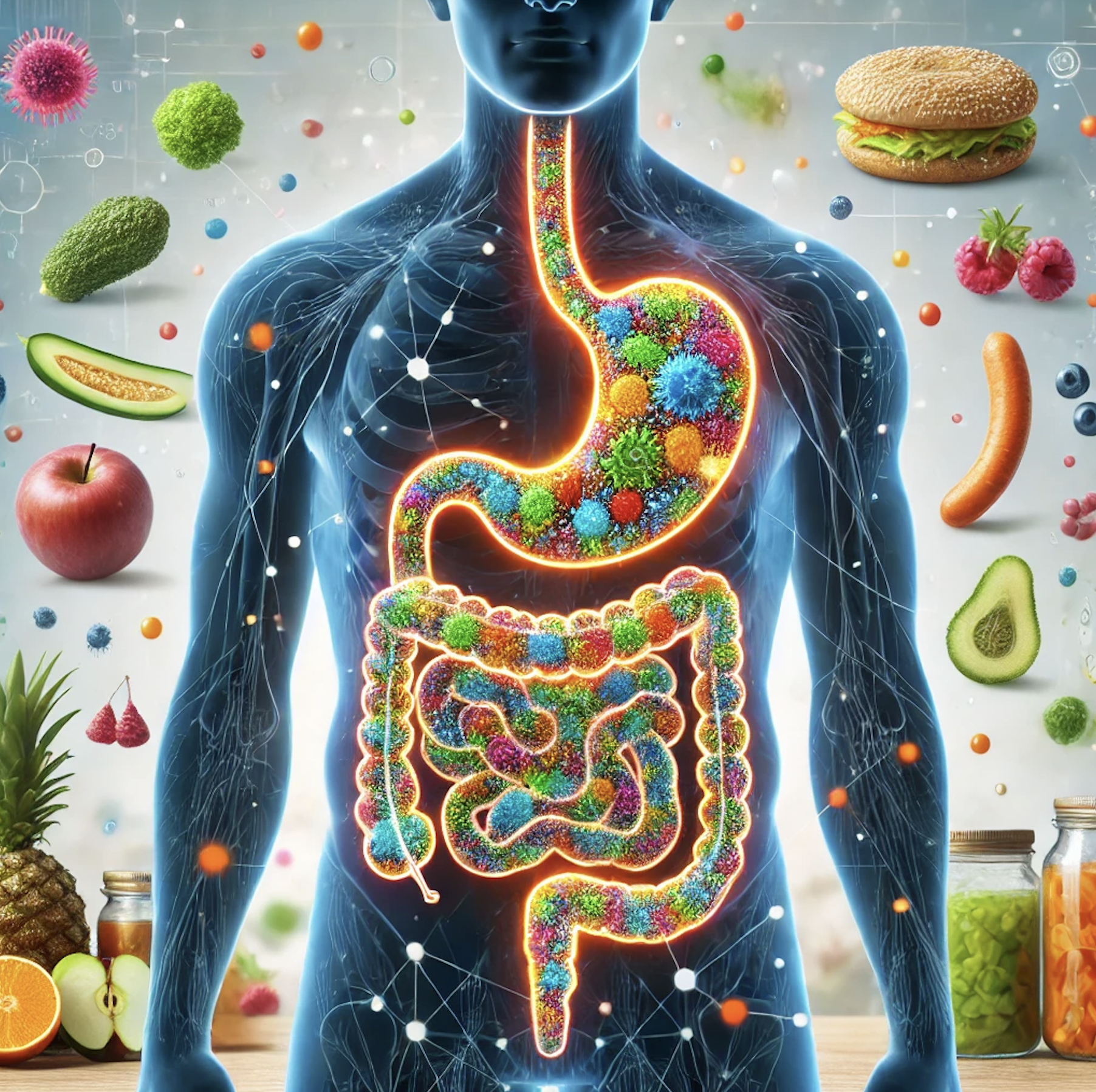The Gut Microbiome: Understanding Its Importance for Health
Introduction
The gut microbiome is a complex community of trillions of microorganisms living in our digestive tract. These microorganisms, including bacteria, viruses, fungi, and other microbes, play a crucial role in our overall health. At Newman Chiropractic, we recognize the importance of a healthy gut microbiome for optimal well-being. This blog explores what the gut microbiome is, its functions, and how to support its health.
What is the Gut Microbiome?
The gut microbiome consists of all the microorganisms residing in the gastrointestinal tract. Each person has a unique microbiome composition influenced by genetics, diet, environment, and lifestyle. The microbiome begins to form at birth and evolves throughout life, adapting to various factors and influencing our health in multiple ways.
Functions of the Gut Microbiome
1. Digestion and Nutrient Absorption:
• The gut microbiome helps break down complex carbohydrates, proteins, and fats, aiding in digestion and nutrient absorption. Some bacteria produce enzymes that our bodies cannot, enabling the digestion of certain foods and the production of essential nutrients like vitamins B and K.
2. Immune System Support:
• A significant portion of the immune system resides in the gut. The microbiome plays a critical role in training and regulating the immune system, helping to distinguish between harmful pathogens and beneficial microbes. A healthy microbiome can protect against infections and inflammatory diseases.
3. Mental Health:
• The gut-brain axis is a bidirectional communication system between the gut and the brain. The microbiome produces neurotransmitters like serotonin and dopamine, which influence mood, anxiety, and cognitive functions. A balanced microbiome is associated with better mental health and reduced risk of conditions like depression and anxiety.
4. Metabolism and Weight Management:
• The microbiome influences metabolism and energy balance. Certain bacterial species are associated with a lower risk of obesity and metabolic disorders. A diverse microbiome helps maintain a healthy weight and metabolic function.
5. Protection Against Pathogens:
• The gut microbiome acts as a barrier against harmful pathogens by competing for resources and producing antimicrobial substances. A healthy microbiome can prevent the colonization of harmful bacteria and reduce the risk of infections.
Factors Affecting the Gut Microbiome
Several factors can influence the composition and health of the gut microbiome:
1. Diet:
• A diet rich in fiber, fruits, vegetables, and fermented foods supports a diverse and healthy microbiome. Processed foods, high sugar intake, and excessive use of antibiotics can negatively impact microbial diversity.
2. Antibiotics:
• While antibiotics are essential for treating bacterial infections, they can also disrupt the balance of the gut microbiome. Overuse or misuse of antibiotics can lead to a reduction in beneficial bacteria and an increase in harmful bacteria.
3. Lifestyle:
• Stress, lack of sleep, and sedentary behavior can negatively affect the gut microbiome. Regular physical activity, adequate sleep, and stress management are crucial for maintaining a healthy microbiome.
4. Probiotics and Prebiotics:
• Probiotics are live beneficial bacteria found in supplements and fermented foods like yogurt, kefir, and sauerkraut. Prebiotics are non-digestible fibers that feed these beneficial bacteria. Incorporating both into your diet can promote a healthy microbiome.
Supporting a Healthy Gut Microbiome
1. Eat a Diverse Diet:
• Include a variety of fruits, vegetables, whole grains, nuts, seeds, and fermented foods in your diet. These foods provide essential nutrients and fibers that support microbial diversity.
2. Limit Processed Foods and Sugars:
• Reduce the intake of processed foods, sugary drinks, and artificial sweeteners, as they can negatively impact the microbiome.
3. Stay Hydrated:
• Drinking plenty of water supports digestion and overall gut health.
4. Manage Stress:
• Practice stress-reducing activities such as yoga, meditation, and deep breathing exercises to promote a healthy gut-brain connection.
5. Get Regular Exercise:
• Physical activity promotes microbial diversity and overall gut health.
6. Consider Probiotics and Prebiotics:
• Incorporate probiotic-rich foods and prebiotic fibers into your diet to support beneficial bacteria.
Conclusion
The gut microbiome plays a vital role in our overall health, influencing digestion, immunity, mental health, and more. By adopting a balanced diet and healthy lifestyle, you can support a diverse and robust microbiome. At Newman Chiropractic, we are committed to helping you achieve optimal health through holistic and personalized care. If you’re interested in learning more about how to support your gut health, book your session today!
Book your session today and start your journey to optimal health with Newman Chiropractic.

